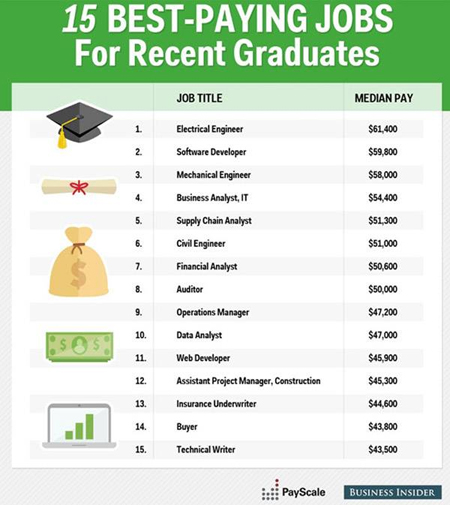Mumbai, March 3: Mumbai-based Ed tech startup Caymus Tech Ventures has announced inclusion of courses and programs from Harvard Business School, Chicago Booth, Harvard Kennedy School, Harappa Education, The Wharton School, and Stanford Online.
Lore.online users can now discover, compare, and enroll in both online and offline courses and programs including the following:
● HBS online programs such as Business Analytics, Management Essentials, and Disruptive Strategy.
● Select courses from the Harappa Habits framework such as Writing Proficiently, Managing Teamwork, and Negotiating Wisely.
● The Wharton School and Chicago Booth offline executive education offerings, delivered in an face-to-face format, and that touch on topics such as Global Strategic Leadership, Private Equity and Digital Marketing for Executives.
Emerging leaders can tap these offerings to build skills to complement their formal education and experienced professionals can leverage them to hone new age skills required to manage a younger, more globally aware workforce.
Kavita Mehta, Founder CEO, Caymus Tech, says, “Giving our learners the best-fit options has always been our driving factor, which is why we are excited to announce that learners can now access Harvard Business School's highly coveted online programs on Lore and avail quality learning options from anywhere in the world.”
“We are continuously adding quality course providers like INSEAD and Stanford, whose select courses are also live on the platform”, she adds.
Lore.online has also integrated an assessment system in their Learning Pathways, where after undertaking each course, a report is generated which outlines learners technical and non-technical strengths and weaknesses. The platform now also shows open jobs for which a learner can also apply.
Caymus’ enterprise platform LoreForTeams, which was rolled out in Nov 2019, has been updated with additional features.
The new look now comes with a dashboard, new UI for Lore-curated learning lists, discussion features and a personalised learning feed. LoreForTeams, a learning experience platform (LXP), is aimed at working professionals in mid size companies. By adding the LoreForTeams functionality layer, Caymus aims to offer a revolutionary platform for skilling. This segment is seeing tremendous growth as more working professionals look for learning options to upskill themselves and stay relevant in shifting employment and business environments. The global demand for such platforms is north of $200 billion and in India, demand is nascent yet growing and expected to reach $10 billion by 2025.
Kavita Mehta, Founder CEO, Caymus Tech, says, “We heard what our customers and users were telling us. They want a real time view of what their teams are learning, a two way feedback system, and a more focused curation of learning options. Thus, we decided to add these features in LoreForTeams platform so that learning never stops and working professionals continuously find relevant courses to upskill themselves. Our vision is to democratize learning so that everyone has equal access to the best options out there.”
About Caymus Tech Ventures
Caymus Technology Ventures (Caymus) is a Mumbai-based ed-tech start-up focused on bridging the massive skill gap in the global workforce. The Company was founded in 2018 by Kavita Mehta, who earlier led Asia’s leading education consultancy. Caymus, with its expansive, integrated, and holistic perspective, believes in driving empowerment on the bedrock of education, skills, and technology. The Company‘s robust machine learning (ML) and artificial intelligence (AI) powered platforms help recent graduates and experienced individuals identify targeted opportunities for personal and professional development.






Comments
Add new comment